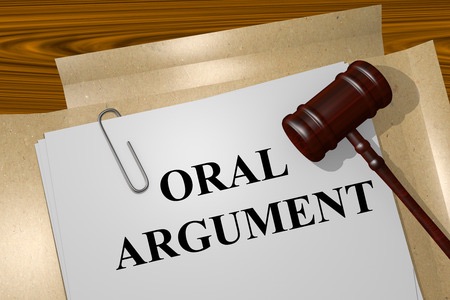CAUTIOUS OPTIMISM for Accused Student In Critical Eighth Circuit Appeal
 Today featured the second of what likely will be five oral arguments in accused student appeals during the 2019-2020 session of Eighth Circuit, which covers Arkansas, Missouri, Nebraska, the Dakotas, Iowa, and Minnesota. (Ironically, between 2011 and 2019, the Circuit hadn’t heard any appeals from accused student Title IX cases.) Today’s appeal, involving a decision from the University of Arkansas, seems likely to yield the most important decision of the five.
Today featured the second of what likely will be five oral arguments in accused student appeals during the 2019-2020 session of Eighth Circuit, which covers Arkansas, Missouri, Nebraska, the Dakotas, Iowa, and Minnesota. (Ironically, between 2011 and 2019, the Circuit hadn’t heard any appeals from accused student Title IX cases.) Today’s appeal, involving a decision from the University of Arkansas, seems likely to yield the most important decision of the five.
Even in the world of dubious Title IX guilty findings, the Arkansas case stood out. The accuser claimed she was incapacitated and therefore couldn’t have consented to sex—but the police officer to whom she reported (she also wanted to pursue criminal charges) found her non-credible, and an Uber driver who drove her to the accused student’s apartment couldn’t corroborate her story either. Arkansas’ Title IX investigation ended with a not-guilty finding—which she appealed to a hearing panel. At that point, the accuser modified her theory of the offense to force and/or incapacitation—and Arkansas not only allowed her to do so, but refused the accused student’s request for clarifying information. (The accuser, by this point, had organized campus protests suggesting Arkansas was indifferent to rape, upping pressure on the university to reach a guilty finding.)
At a hearing in which the campus investigator didn’t appear, the police officer testified on behalf of the accused student, and no direct cross-examination occurred, the accused student was found guilty by a 2-1 vote. The student sued, seeking to remove the Scarlet Letter from his transcript. Heather Zachary argued the case (very effectively) for Doe. The overall take: all three members of the panel seemed to believe that Arkansas wrongly found Doe guilty. They didn’t telegraph their ruling, however, and anything from a 3-0 win to a 3-0 loss seems theoretically possible. But a win for Doe seems the likelier outcome, in what has the potential (if so) to be a very important ruling.
academicwonderland- KC Johnson

